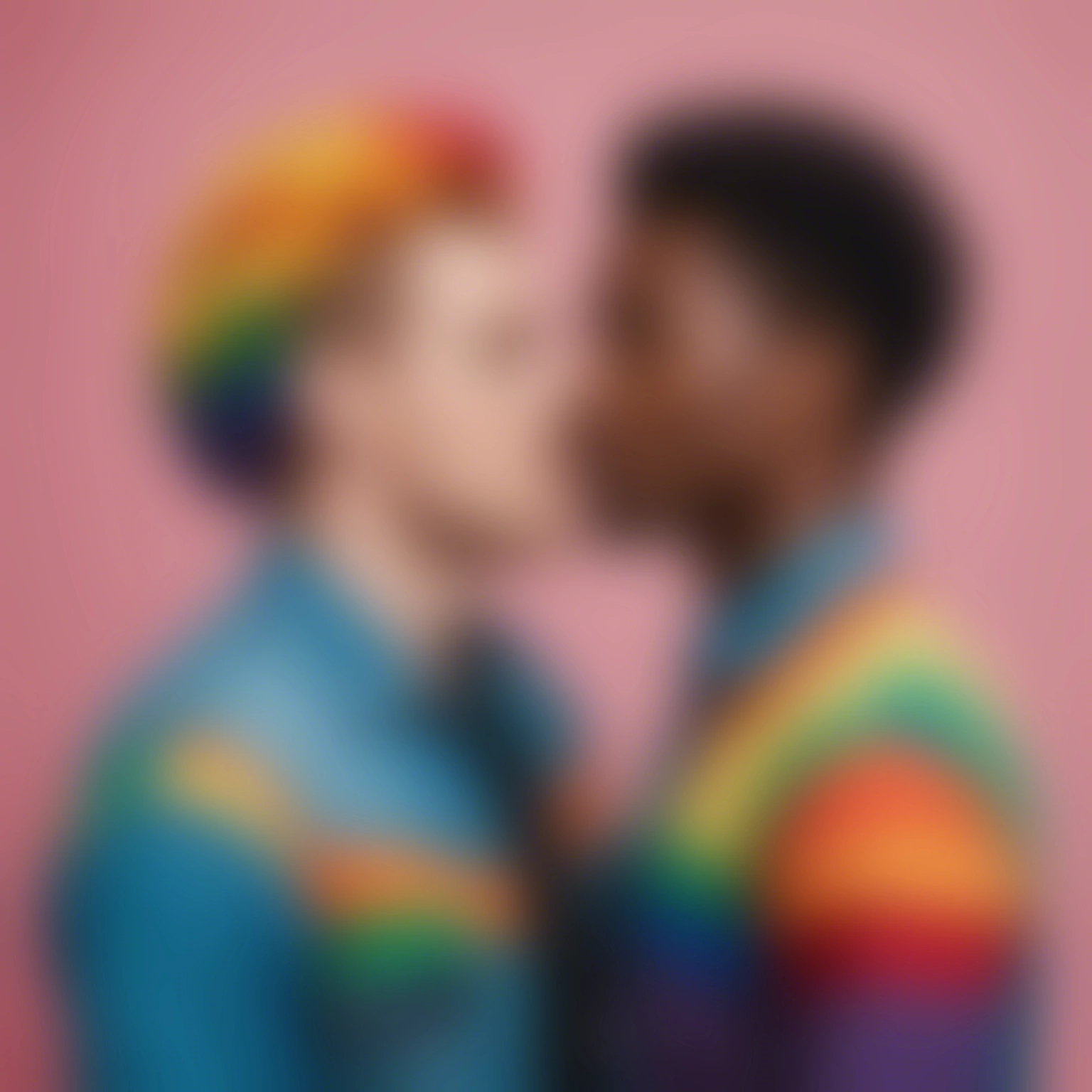
In the midst of vibrant conversations, a common thread emerges – the struggles within the gay community. It is a tale of unspoken truths, hidden insecurities, and the quest for understanding. As we delve into the intricacies of gay identity, it becomes apparent that the community is plagued by internalized homophobia, lack of support, and unrealistic expectations.
One of the most striking revelations is the dearth of support within the gay community. Many voices lament the fact that gay men often fail to uplift and support one another. Instead, they seem to idolize straight men, perpetuating a culture of self-doubt and inadequacy. This phenomenon is akin to a never-ending cycle, where gay men are conditioned to believe that they are not good enough, that their sexuality is somehow inferior.
The conversation also touches upon the sensitive topic of femininity in gay men. A common complaint is that many gay men are drawn to partners who embody traditional masculine traits, shunning those who exhibit feminine characteristics. This raises important questions about the nature of attraction and desire within the gay community. Do gay men privilege traditional masculinity, and if so, what does this say about their own insecurities?
The narrative is also peppered with heart-wrenching stories of struggle and resilience. We hear tales of individuals who have faced unimaginable hardships, from prostitution to drug addiction, and yet, they continue to persevere. These stories serve as a poignant reminder of the importance of compassion, empathy, and understanding.
Another recurring theme is the stigmatization of certain professions, such as escorting. A vocal minority argues that escorting is a legitimate profession, one that involves consenting adults engaging in legal activities. They contend that it is high time to dispel the myths and misconceptions surrounding this industry.
As we navigate this complex web of emotions, opinions, and experiences, it becomes clear that the gay community is in dire need of introspection. It is essential to acknowledge the internalized homophobia, the unrealistic beauty standards, and the lack of support that pervades the community. By confronting these demons, we can begin to build a more inclusive, compassionate, and supportive environment – one that celebrates individuality and promotes self-acceptance.
In the end, it is evident that the gay community is a complex tapestry of diverse experiences, opinions, and struggles. As we strive to create a more harmonious and accepting environment, we must listen to the voices that have been marginalized, silenced, or forgotten. By doing so, we can work towards a brighter future, one that is built on the pillars of empathy, understanding, and unconditional love.
